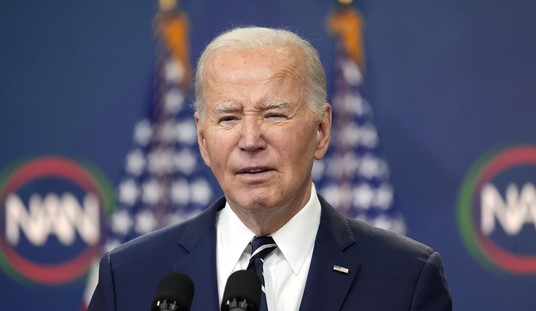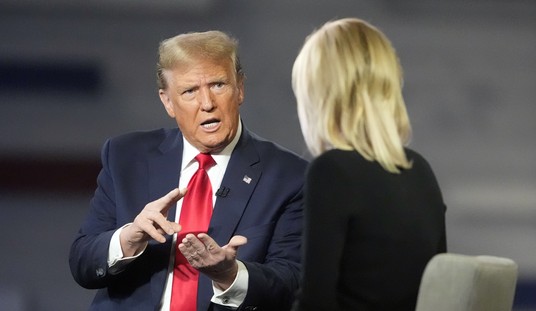It was as inevitable as the sun rising in the east. The far east, in this case, over the Land of the Rising Sun.
The Mt. Gox currency exchange in Tokyo, where buyers and sellers dealt in the unofficial currency Bitcoin, collapsed recently. As it disappeared, so did some $400 million. That money may have been lost, or stolen. Nobody’s sure. What many are sure of is that this collapse shows the need for more regulation.
“The clear ends of Bitcoin for either transacting in illegal goods and services or speculative gambling make me wary of its use,” Sen. Joe Manchin, D-W. Va., wrote. “I urge the regulators to work together, act quickly, and prohibit this dangerous currency from harming hard-working Americans.”
And that’s the easy, almost automatic, political reaction these days. When something goes wrong, bring in a new layer of regulators. When Enron defrauded investors, Congress passed Sarbanes-Oxley. When banks struggled in 2008, Congress passed Dodd-Frank. If Bitcoin exchanges don’t work, it must be because of a lack of oversight.
It’s worth asking, though: who was hurt when Mt. Gox went belly-up? Bitcoin is an exotic currency swapped by computer geeks and speculators hoping to make a quick buck. It’s not a legal tender issued by a government, as a dollar or a yen or a ruble is.
The Washington Post notes that the exchange’s collapse was expected for weeks before it actually happened. Surely those buying and selling on this exchange understood the risks they were taking, and they chose to go ahead anyway. Caveat emptor and all that.
Further, as the Post reported a week after the collapse, the currency itself is doing fine, “trading nearly 10 percent higher Saturday than a week before. Each Bitcoin is worth more than $600 in recent trading.”
So instead of reading a eulogy for Bitcoin, let’s explore why people are turning to non-government issued currencies in the first place.
Recommended
Modern legal tender is fiat money. It’s essentially created out of thin air by governments, which declare it acceptable for “all debts, public and private.” That means the government will accept the currency to pay taxes.
In their book “Rethinking Money,” Bernard Lietaer and Jacqui Dunne explain that legal tender is multiplied by loans made through the banking system. That requires exponential growth, or else the system grinds to a halt.
Moreover, while most people are wary about debt, the money system actually requires tons of it. “One is obliged in the current monetary system to incur debt and compete with others in order to perform exchanges and pay the resulting interest to the banks or lenders,” they explain. “If all debts were paid, money would simply disappear, because the entire process of money creation would reverse itself.” In fact, there would be a deficit because of all the interest that had been factored in but not paid, as when the bank loses out when a customer pays off a house or car loan ahead of time.
Bitcoin’s success shows that there’s nothing sacred about money. A $100 bill can buy groceries for a family, or be used in a drug deal (90 percent of paper money in the U.S. has traces of cocaine on it). It’s only valuable because people believe it is valuable.
People are looking for alternate ways to complete exchanges, and that’s a positive. Competition in a market makes products better. Cell phones, computers, cars: they’re all better than they were 25 years ago. So it can’t hurt to have a little competition for currencies as well.
Especially since so many dollars are, eventually, going to be used to pay off debt.
Our federal government now owes more than $17 trillion, more than the value of everything produced in this country in 2012. No government has ever owed so much, therefore no government has ever been faced with the prospect of paying off so much. Politicians in Washington may decide to reduce that debt by issuing more money and inflating the debt away. So people are looking for ways to diversify, whether with Bitcoin or gold or some other investment.
Of course regulators in Washington want to get control of Bitcoin, as they already control the dollar through the Federal Reserve. But there’s no need. Markets created Bitcoin, and they’ll regulate it as well.

























Join the conversation as a VIP Member